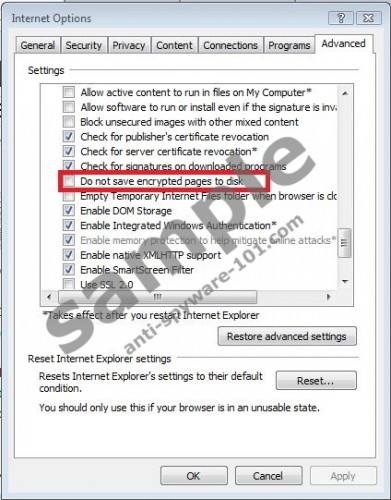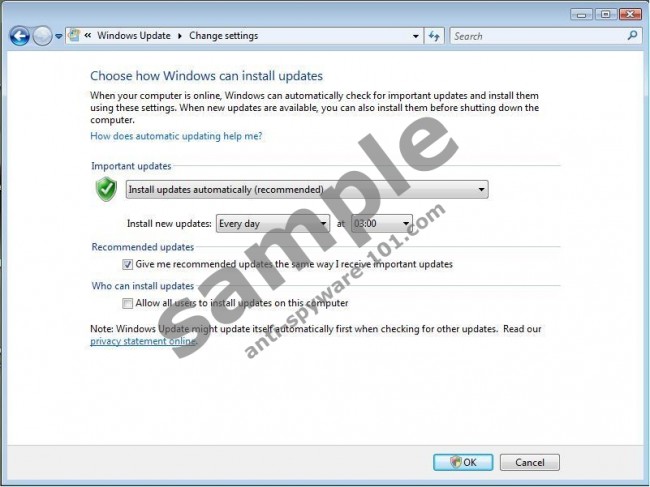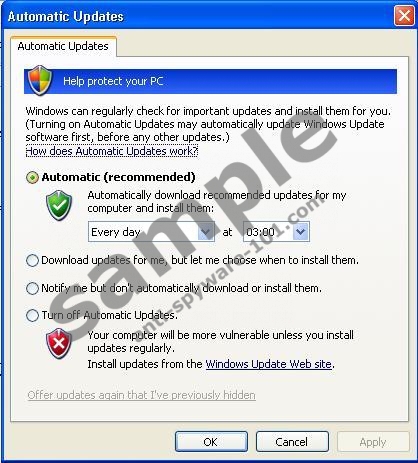What is Slow Internet Explorer ??
Learn how to Accelerate Internet Explorer
If you notice that your Internet connection is slower than usual, it is a sign that your PC’s performance has decreased. The tips on using Internet Explorer presented below will help you to deal with the problem.
1. Speed up your Internet Connection by Deleting Website History
If you want to speed up your Internet connection, you should delete your website history. The more information related to the websites you visit is stored in the system, the slower the connection is. The information is stored for a particular period of time; hence, the number of the days should be reduced to a minimum so that there is more free space. You can change the settings if you follow these steps:
- Open the Internet Explorer.
- Open the Tools menu and select Internet Options.
- Select the General tab and in the Browsing history section select the Settings button.
- Find the History section and select Days to keep pages in history.
- Select value 1 and press OK.
2. Do Not Save Encrypted Web Pages
If you change the settings of your Internet Explorer not to save encrypted websites asking for login information, more free space will be left. Change the setting in this way:
- Open your Internet Explorer and select Tools.
- In the menu, select Internet Options.
- Open the Advanced tab.
- In the Settings section find the Security sub-section and check Do not save encrypted pages to disk and press OK.

3. Adjust Window Settings to Have Automatic Updates
Windows Updates, including Microsoft Office updates, are very useful to the system, because they keep a computer’s performance at a high level. If you want, you can change the setting so that the updates are downloaded and installed automatically. Follow the steps to do so:
Automatic Updates in Windows Vista
- Open the Start menu.
- Select All Programs and then Windows Update.
- Click on Change settings and Install Updates automatically.
- Select Include recommended updates when downloading, installing, or notifying me about updates and press OK.

Automatic Updates in Windows 7
- Click on Start, find All Programs and then select Windows Update.
- Select Change settings.
- Select Install Updates automatically (recommended) and then Give me updates the same way I receive important updates.
- Confirm by clicking on OK.
Automatic Updates in Windows XP
- Open Start, and find Control Panel.
- Select Automatic Updates and then click on Automatic (recommended). Agree by pressing OK.

4. Use Reputable Anti-Spyware Software to Remove Malware from Your Machine
While surfing the Internet, you should be aware of various dangers. There are a lot of dangerous websites that are infected with malware, and when you visit a questionable website, your computer could be infected with a piece of malware of which you may not get rid easily. If you want to protect your sensitive data, use a legitimate anti-spyware tool like Spyhunter that will fight various infections off.
5. Use Reputable Registry Cleaner
As one of the causes of slow performance of the machine is errors in the Registry, scan this database from time to time to remove unnecessary registry entries and speed up the computer.




0 Comments.